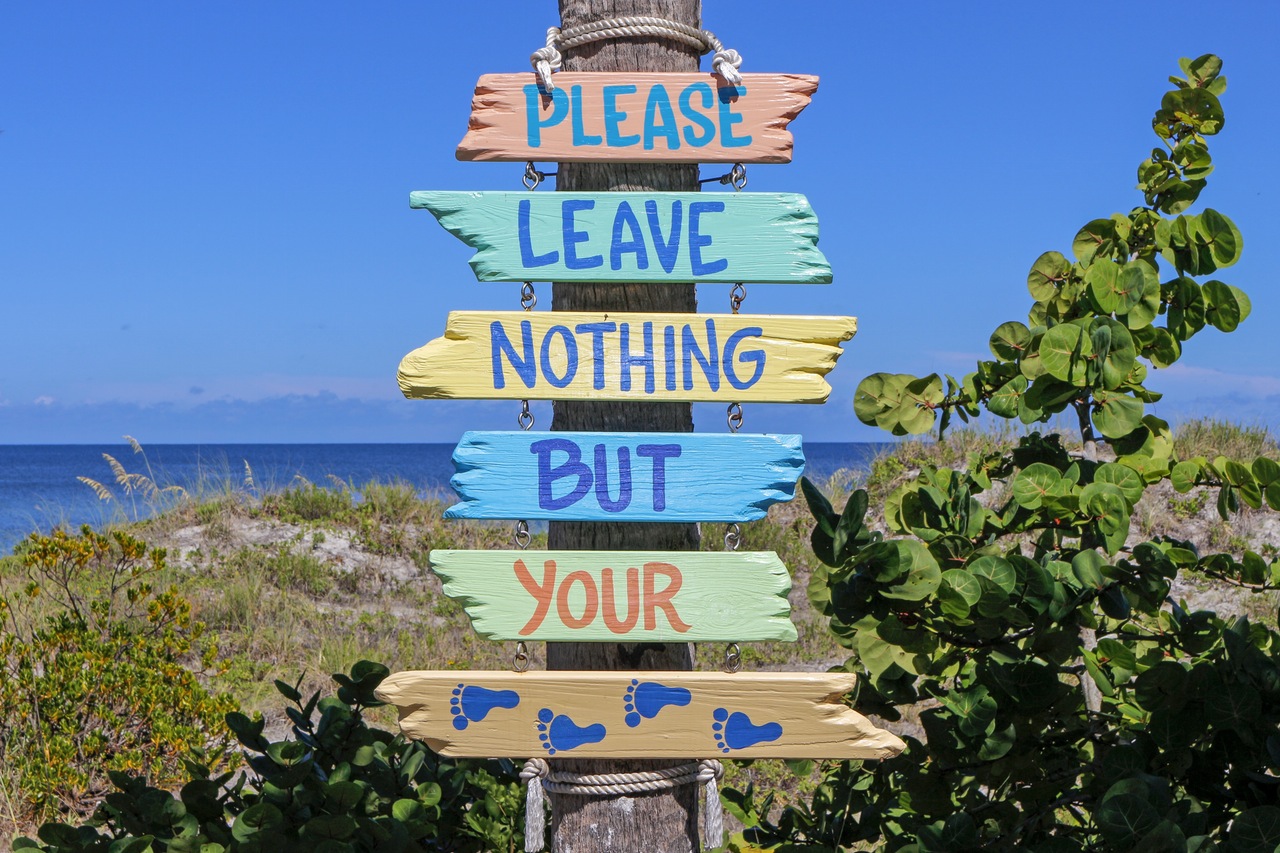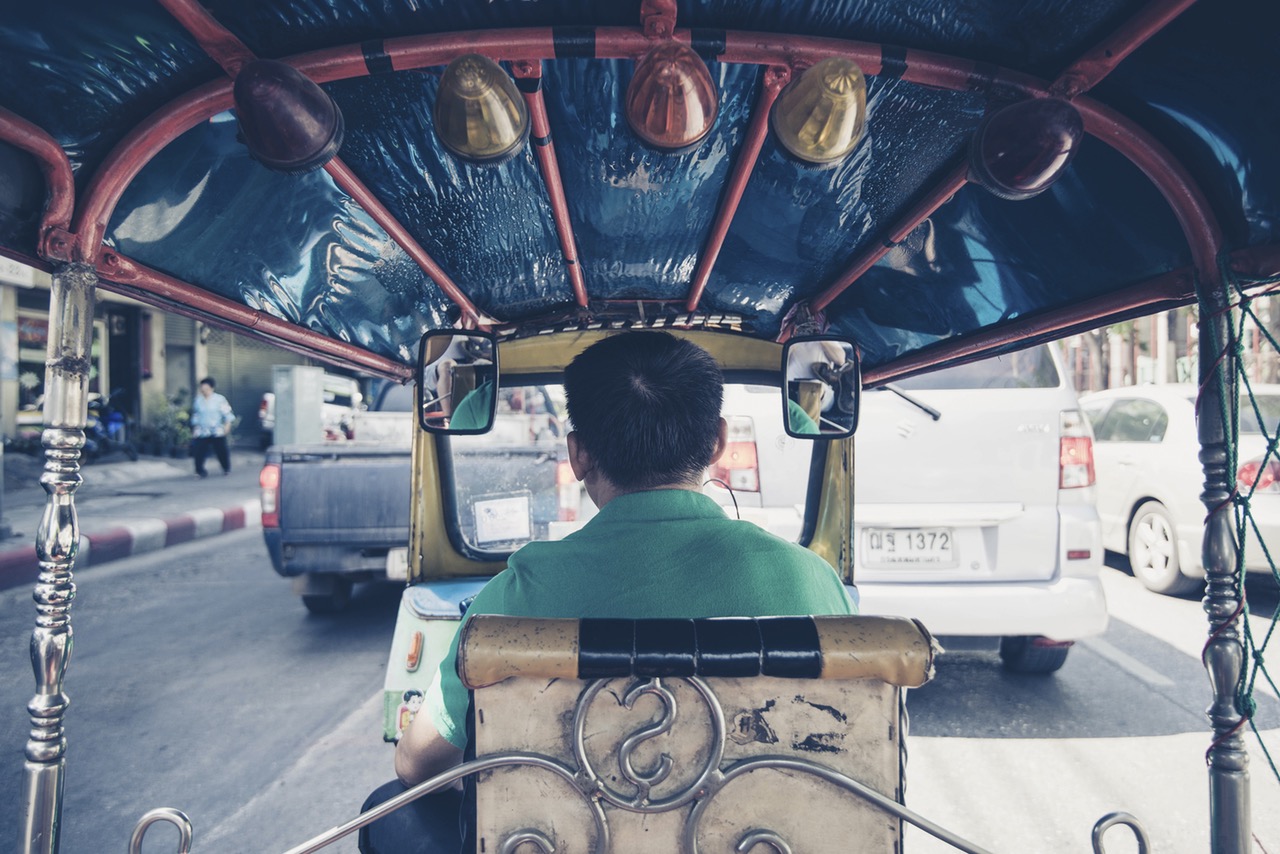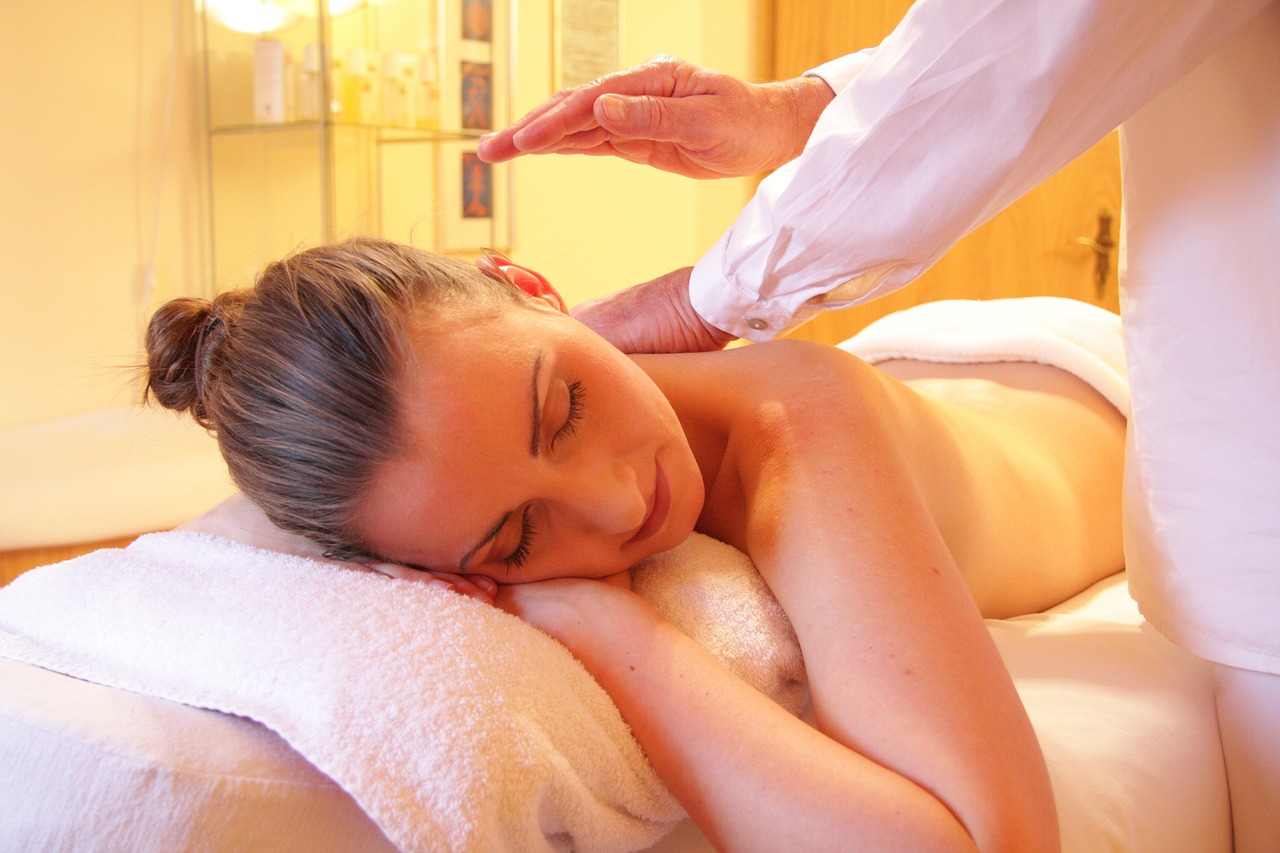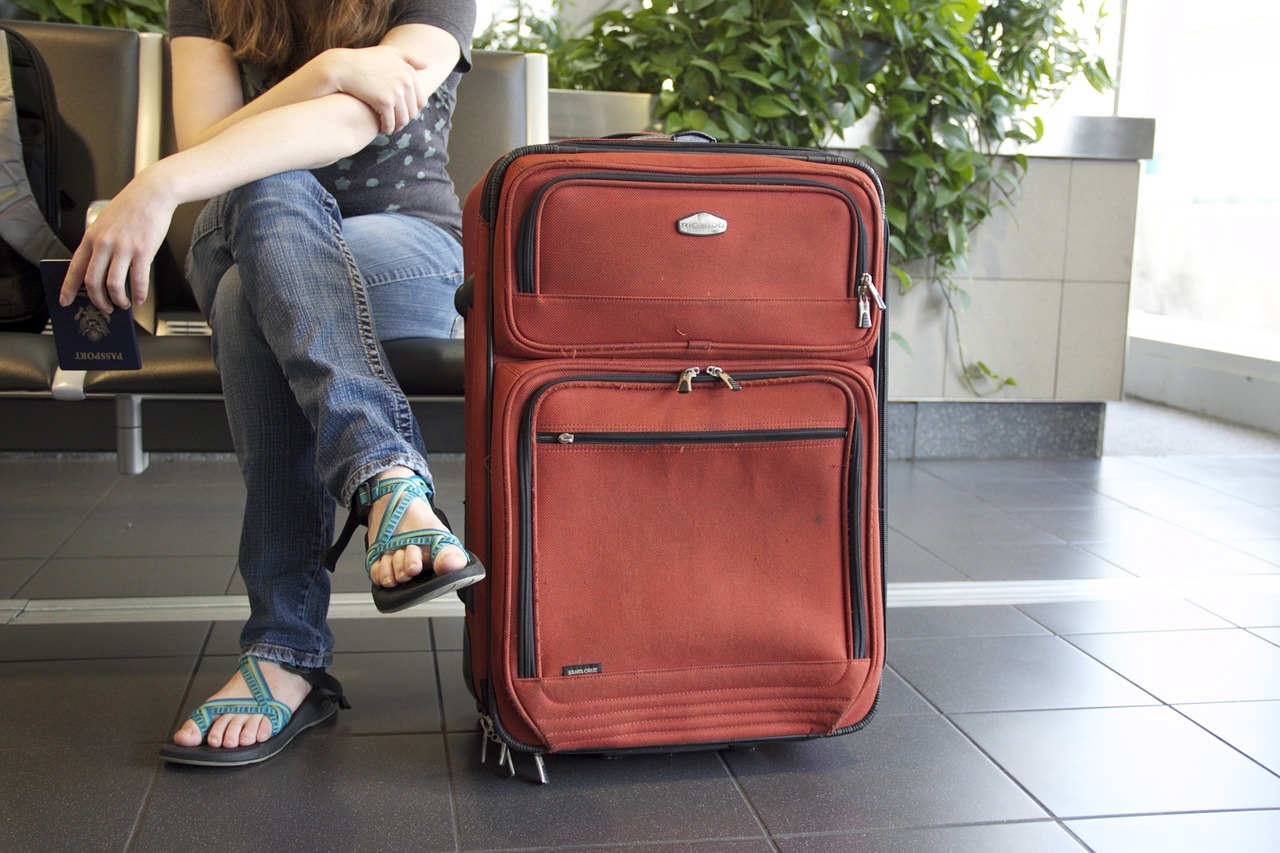You don’t need us to tell you all the rich offerings that travelling brings the person who throws him- or herself into their new surroundings. Go to any destination with an agenda and you’ll be seeing it through clear, unbiased eyes; you’ll see it for what it is, in all its glory and its drawbacks. That’s why we travel – to see the world, not to visit a Disneyland incarnation of it. We’re lucky that we have the whole world to explore. Yet try as we may, it’ll always be a little out of reach. We can only hope to get as close as possible. To do that, we can position ourselves right next to the edge of life itself, on the precipice between a local and outside. Here are some of the ways in which you can do it.
 Image from Pexels
Image from Pexels
Befriend the Locals
The locals of any given destination are not their for the sake of the traveller’s curiosity. They are simply living their lives in a place they call home, and you’re lucky enough to be able to visit their home for a set period of time. The divide between locals and tourists isn’t always so well established, or so pure, with some tourists sometimes crossing too many boundaries in their pursuit of travelling. They’re far from home, eager to live life to the full, unaware that how they choose to express themselves might not be conducive to the needs of the locals. You can remedy this by: being friendly! It’s not a novel approach by any stretch, just good old human kindness. Befriending the locals in a place will bring many rewards: you’ll get a closer insight to their lives, and you’ll also be able to tell them about your own life. And that’s travelling should be: mutually beneficial.
Where You Stay
If you were to travel to a new country, decide to stay in the capital, and then plonk yourself in the fanciest hotel right in the centre of town, we can assure you that you would have a good and memorable time. But you would find it difficult to have opportunities to discover local life. Sequestered in your hotel room, you’d be living the kind of plush, Disneyland existence we mentioned above. Instead, you can integrate yourself with the locals. There are numerous ways to do this. In some countries, it’s advisable to simply rock up and wander around – you’ll soon find signs indicating a home has rooms available. In others, you’ll want to plan ahead a little bit. Using websites like AirBnb is a way to find interesting housing in any destination, and if you don’t book the whole property then you’ll have the advantage of staying with a local. They’ll be able to tell you where to go and what to do, and you’ll also be able to observe their own rhythms: how do they spend their time? Are they happy? And so on and so on.
Dining and Beyond
As a general rule, when you first get a popular destination you should located wherever the most tourists tend to congregate and then religiously avoid that area at all costs. This is where the food is expensive, bland, and essentially, essentially nothing to talk about. It’s just a place to consume calories. Take a walk for 10 minutes in any direction and you’ll most likely find the actual good places, the places where locals themselves might eat. This is how you’ll learn what they eat, how they eat, and also at what times. Turn up in Seville at 3pm and try to find somewhere to eat – you won’t be able to! Basically, the rule should be that if there’s a sign outside advertising food in English and it’s not an English speaking country, then it’s probably not going to be the greatest example of that country’s cuisine culture. As an alternative, you could make the most of two websites: Vizeat.com and bonappetour.com, which connect you with locals who then host and feed you at their home. How’s that for an experience!
 Image from Pexels
Image from Pexels
Living the Culture
If you’re lucky enough to have the opportunity, then spending a longer period in a destination is the most effective way to really learn what it is all about. It’s then that you’ll learn the daily routines of an entire population of people. You’ll also be able to pick up the language, which opens a whole new set of possibilities – upgradedpoints.com made a pretty useful infographic detailing how long you’d need to pick up a language. Time to settle down in that destination you love? Some ways of being will have you scratching your head, some will make you think ‘well, that is fantastic’. It’s only by spending a long time in these places that you’ll have the chance to observe these nuanced details of local life.
Part of the Family
There’s another option out there, too, one that is both completely free, rewarding, and gives you access to not just a nation’s way of life, but one specific family’s. Volunteering websites such as Help, Workaway, and WWOOF are a fantastic way to get to know locals. You’ll be living and working with them, sharing your meals as you go, and you’ll also giving your time and efforts to a cause that is important to them. And what could be more rewarding than that? There’s possibilities all over the world, so pick a cause close to your heart and sign yourself up.
Travelling
Finally, when you find yourself moving from one place to another in a new destination, think about how you’re moving. A plane will get you there fastest, but you’ll be missing everything on the ground underneath you as you fly through the air in that metallic cylinder. Use buses, trains, or your own vehicle and you’ll be able to stop along the way at points that interest you. If you’re particularly adventurous, stick out a thumb and hitchhike along the way – you’ll meet some amazing people and come back with plenty of stories to tell!



